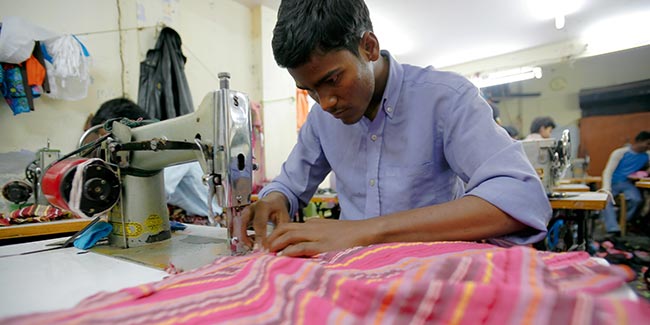Why care about international Responsible Business Conduct?
The Netherlands imports smartphones from China and clothing from Bangladesh. Like other nations, it transacts business all around the world. That’s good for employment and wellbeing, innovation and economic growth. But a Dutch company involved in international business dealings may also be implicated in child labour, for example, or in damaging fragile ecosystems.
Why conclude international RBC agreements?
Businesses that sign international RBC agreements work with government, unions and NGOs to prevent abuses. The agreements are concluded sector by sector, with the partners developing long-term strategies to tackle complex problems together. The agreements are based on recommendations issued by the Social and Economic Council of the Netherlands (SER) in 2014.
Improvement
The agreements have two main goals:
- To improve circumstances in a number of risk areas for example child labour, low wages, human rights violations and environmental pollution, within a period of three to five years after the agreement has been signed.
- To offer a collective solution to problems that businesses are unable to solve on their own.
Broad support
International RBC agreements are voluntary, but they involve a firm commitment on the part of the partners. Sectors are themselves initiating negotiations with NGOs, unions and government generating broad support for the agreements. Agreements have already been concluded in various sectors, such as garments and textile, gold, and banking, and more are currently being negotiated.
See the list of agreements for more information.
Are you interested in signing one of the agreements? Please contact us.

